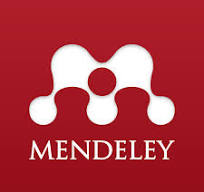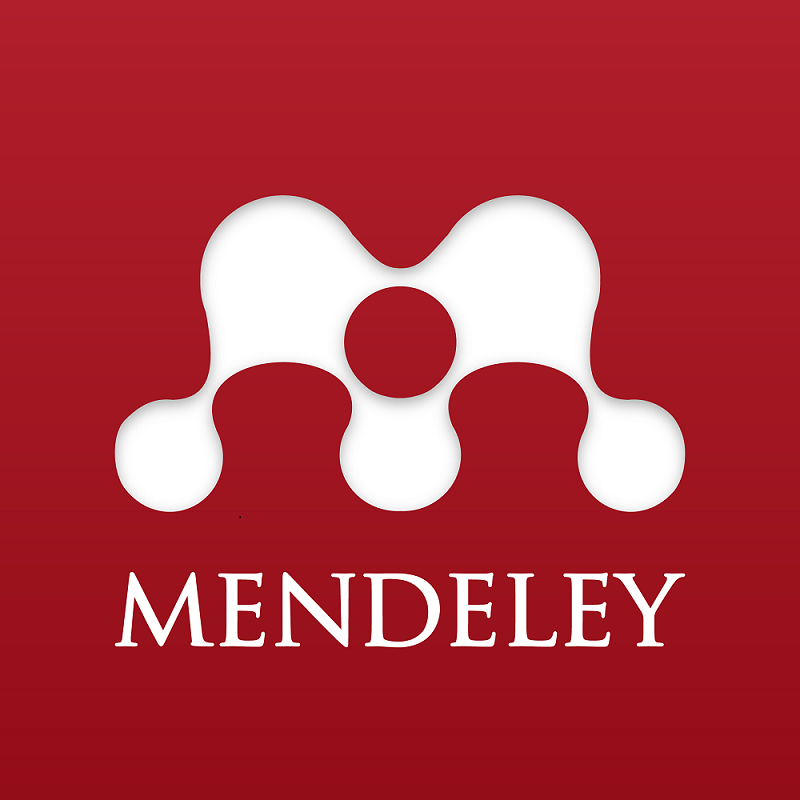PENGALAMAN GAME YANG MENYENANGKAN UNTUK MENGIDENTIFIKASI TIPE DUNIA METAVERSE SEBAGAI MODEL PEMBELAJARAN YANG INOVATIF
DOI:
https://doi.org/10.37304/jptm.v4i1.4718Abstract
Metaverse aims to turn imagination into reality through the convergence of different technologies and should be seen as a means of lifelong learning that is not limited in space and time. The aim of this research is to identify the type of world in the metaverse to provide a pleasant user experience. The research method used in this research is descriptive qualitative. In this study, the data collection method used is the study of documentation and literature. Literature study is carried out by searching for various written sources, both in the form of books, archives, magazines, articles, and journals, as well as documents that can assist writers in exploring the types of games in the virtual metaverse world that support online learning. The results of this study can be used by educators to create an innovative learning environment, so that it can provide equal learning opportunities for all students.
Downloads
References
Aburbeian, A. M., & Owda, A. Y. (2022). A Technology Acceptance Model Survey of the Metaverse Prospects. 285–302.
Aini, Q., Rahardja, U., & Khoirunisa, A. (2020). Blockchain Technology into Gamification on Education. IJCCS (Indonesian Journal of Computing and Cybernetics Systems), 14(2), 147. https://doi.org/10.22146/ijccs.53221
Anam, C. (2021). ANALISIS KESIAPAN PENDIDIKAN VOKASI DALAM MENYONGSONG PEMBELAJARAN TATAP MUKA DI MASA PANDEMI COVID 19 (Studi Kasus di LP3I Malang). Jurnal Vokasi, 5(2), 112. https://doi.org/10.30811/vokasi.v5i2.2313
Arditama, E., & Lestari, P. (2020). Jurnal Pendidikan Kewarganegaraan Undiksha Vol. 8 No. 2 (Mei, 2020). JUrnal Pendidikan Kewarganegaraan Undika, 8(2), 157–167. https://www.google.com/url?sa=t&source=web&rct=j&url=https://ejournal.undiksha.ac.id/index.php/JJPP/article/view/25434&ved=2ahUKEwic5fep2PHsAhUSeYKHU8fBGQQFjAAegQICRAC&usg=AOvVaw3Tezzh5erg5X3r51XrDwtW
Díaz, J. E. M., Saldaña, C. A. D., & Avila, C. A. R. (2020). Virtual world as a resource for hybrid education. International Journal of Emerging Technologies in Learning, 15(15), 94–109. https://doi.org/10.3991/ijet.v15i15.13025
Eppmann, R., Bekk, M., & Klein, K. (2018). Gameful Experience in Gamification: Construction and Validation of a Gameful Experience Scale [GAMEX]. Journal of Interactive Marketing, 43(2018), 98–115. https://doi.org/10.1016/j.intmar.2018.03.002
Febiharsa, D., & Kustono, D. (2021). Kajian Filosofis Pembelajaran Daring Pendidikan Vokasi di Era Pandemi COVID-19: Analisis Fungsional Sarana Pembelajaran Daring Terhadap Esensi Pembelajaran. Joined Journal (Journal of Informatics Education), 4(1), 37. https://doi.org/10.31331/joined.v4i1.1530
Huotari, K., & Hamari, J. (2017). A definition for gamification: anchoring gamification in the service marketing literature. Electronic Markets, 27(1), 21–31. https://doi.org/10.1007/s12525-015-0212-z
Indarta, Y., Ambiyar, & Samala, Agariadne Dwingo, Wathrianthos, R. (2022). Metaverse: Tantangan dan Peluang dalam Pendidikan. Jurnal Basicedu, 6(3), 3351–3363.
Kim, J., & Irizarry, J. (2021). Evaluating the Use of Augmented Reality Technology to Improve Construction Management Student’s Spatial Skills. International Journal of Construction Education and Research, 17(2), 99–116. https://doi.org/10.1080/15578771.2020.1717680
Krismadinata, Verawardina, U., Jalinus, N., Rizal, F., Sukardi, Sudira, P., Ramadhani, D., Lubis, A. L., Friadi, J., Arifin, A. S. R., & Novaliendry, D. (2020). Blended learning as instructional model in vocational education: Literature review. Universal Journal of Educational Research, 8(11B), 5801–5815. https://doi.org/10.13189/ujer.2020.082214
Merwe, D. van der. (2021). The Metaverse as Virtual Heterotopia. 3rd World Conference on Research in Social Sciences, 1–11.
Nugraha, H. D., Poniman, D., Kencanasari, R. A. V., Maosul, A., & Rusydi, M. I. (2020). Meta-Analisis Model Pembelajaran Vokasi dalam Kondisi Covid-19. Jurnal Dinamika Vokasional Teknik Mesin, 5(2), 83–94. https://doi.org/10.21831/dinamika.v5i2.34779
Park, & Kim, Y. G. (2022). A Metaverse: Taxonomy, Components, Applications, and Open Challenges. IEEE Access, 10, 4209–4251. https://doi.org/10.1109/ACCESS.2021.3140175
Park, S., & Kim, S. (2021). Is sustainable online learning possible with gamification?—the effect of gamified online learning on student learning. In Sustainability (Switzerland) (Vol. 13, Issue 8). https://doi.org/10.3390/su13084267
Park, S., Min, K., & Kim, S. (2021). Differences in learning motivation among bartle’s player types and measures for the delivery of sustainable gameful experiences. Sustainability (Switzerland), 13(16). https://doi.org/10.3390/su13169121
Santaria, R., & Setiawan, E. I. (2020). TANTANGAN PEMBELAJARAN DARING DI INDONESIA Pendahuluan Pembelajaran daring adalah proses pembelajaran yang dilakukan. 5(2), 89–98. Simamora, R. M. (2020). The Challenges of online learning during the COVID-19 pandemic: An essay analysis of performing arts education students. Studies in Learning and Teaching, 1(2), 86-103.
Sudarsono, A., & Suharsono, Y. (2016). HUBUNGAN PERSEPSI TERHADAP KESEHATAN DENGAN KESADARAN (MINDFULNESS) MENYETOR SAMPAH ANGGOTA KLINIK ASURANSI SAMPAH DI INDONESIA MEDIKA. 04(August), 31–52.
Sulistianingsih, & Kustono, D. (2022). Potensi Penggunaan Teknologi Augmented Reality ( AR ) dan Virtual Reality ( VR ) dalam Pembelajaran Sejarah Arsitektur di Era Pandemi Covid-19. 07(4), 10–18.
Taigel, S., Lovett, A., & Appleton, K. (2014). Framing Nature : Using Augmented Reality to Communicate Ecosystem Services. Peer Reviewed Proceedings of Digital Landscape Architecture 2014 at ETH Zurich, 292–299.
Widodo, A., & Utomo, A. B. (2021). Media Pembelajaran Taksonomi Hewan Berbasis Augmented Reality dengan Fitur Multi Target. Edu Komputika, 8(1), 1–8. http://journal.unnes.ac.id/sju/index.php/edukom
You, F. (2020). Online Course Construction and Application of Intelligent Control Major Practical Teaching in Higher Vocational Education Based on Virtual Simulation. 451(Ichssd), 423–426. https://doi.org/10.2991/assehr.k.200727.143












